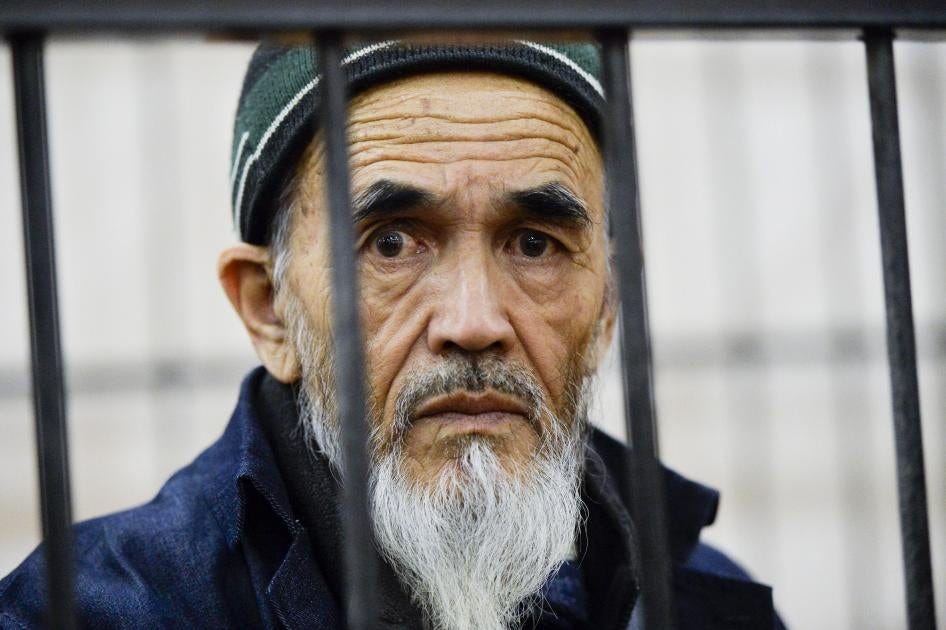Dissident Spotlight: Azimjon Askarov
Azimjon Askarov covered unrest between the Kyrgyz majority and Uzbek minority in southern Kyrgyzstan. He was handed a life sentence for it.

In April 2010, Kyrgyzstan’s president was forced out of office after a winter of rolling blackouts and rising energy prices. An interim government took over in the north, but in the south, ethnic conflicts exploded between the Kyrgyz majority and Uzbek minority.
Several of the country’s provinces, including Osh and Jalal-Abad, became the site of barricades in the streets and widespread violence, including murders and gang rapes. One of the riots killed a policeman.
Uzbek journalist Azimjon Askarov lived in one of the affected regions and covered the violence. Some of his reporting included filming policemen who chose not to intervene in violence perpetrated against southern Kyrgyzstan’s Uzbeks. His earlier reporting had also criticized police treatment of people who had been arrested.
In 2010, Askarov was arrested for “participation in mass disturbances,” “incitement of ethnic hatred,” and “complicity in murder.”
He was handed a life sentence and served it. He died in prison in 2020.
Admission isn’t Reconciliation
In December 2023, a deputy chairman of the cabinet of ministers, effectively the deputy prime minister, admitted that Askarov was a “victim of these bloody events.” One of the most powerful people in the country admitted that Askarov was innocent of the charges after his death.
However, the country has actually changed for the worse since Askarov’s death. Reporters Without Borders found that the country’s press faces “an upsurge in pressure” and ranks 144 out of 180 in press freedom.
It’s a poor ranking that’s on par for the region, and the president signing laws against “false information” are a deadly blow to both press freedom and freedom of speech. Uzbek journalists have even fled Kyrgyzstan for their safety.
Admissions of guilt are not reconciliations. It’s important for the government to admit that it allowed Askarov to die in state custody over charges that should never have been brought against him.
That admission is also far short of the work required to honor his memory. Cracking down on the right to criticize the government ensures that more journalists will meet Askarov’s fate.
In an atmosphere of impunity, it’s no wonder a high government official was so comfortable admitting that Askarov was one of the government’s victims.

